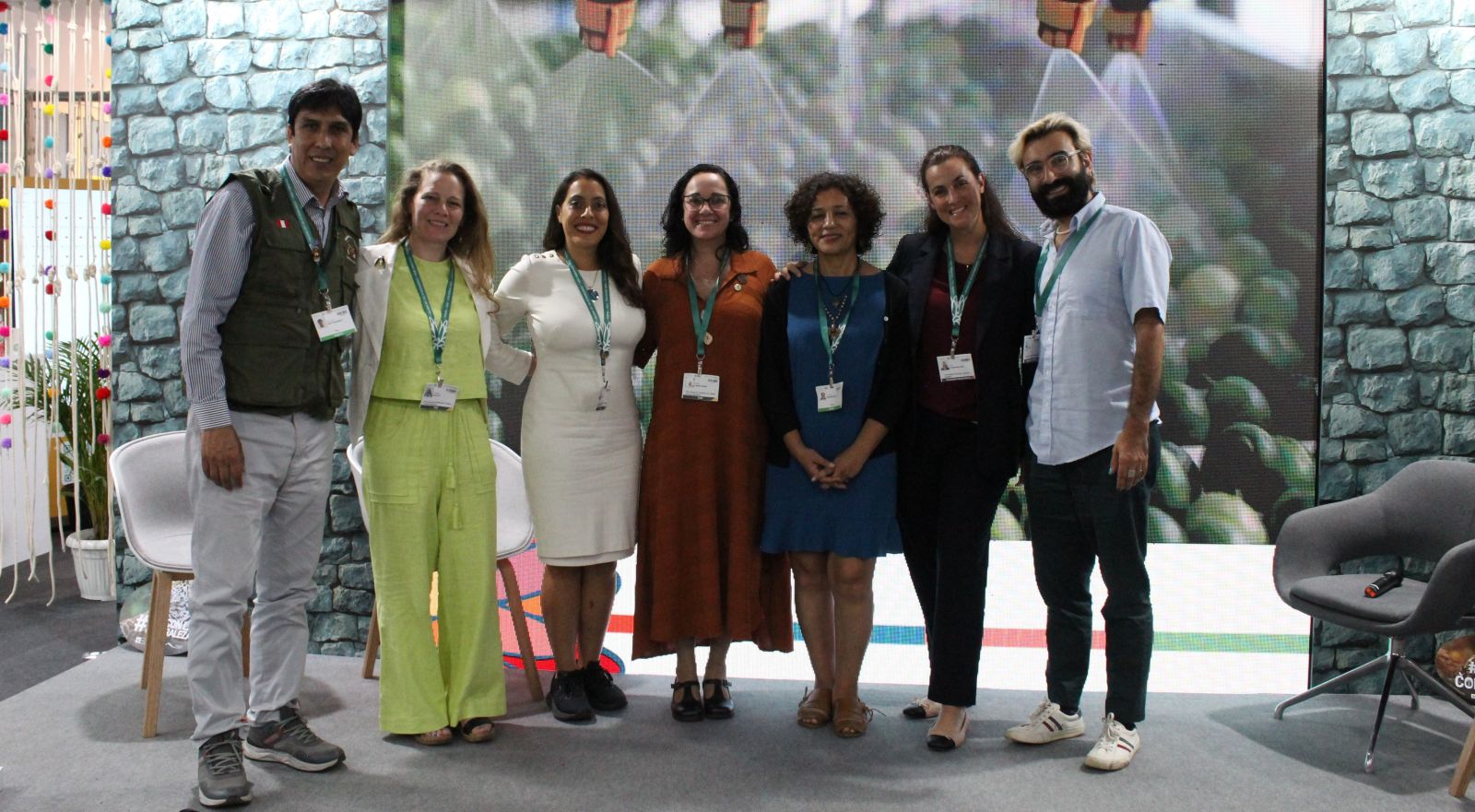Contributions of the IAI at COP16: Science and diplomacy for biodiversity conservation
The meeting of the Conference of the Parties to the Convention on Biological Diversity (COP16), held in Cali, Colombia, brought together governments, scientists and international organizations to discuss possible solutions to the challenges of global biodiversity. The objective of COP16 was to establish commitments and strategies to meet the Kunming-Montreal Global Biodiversity Framework, through immediate action, sustainable financing and intersectoral collaboration.
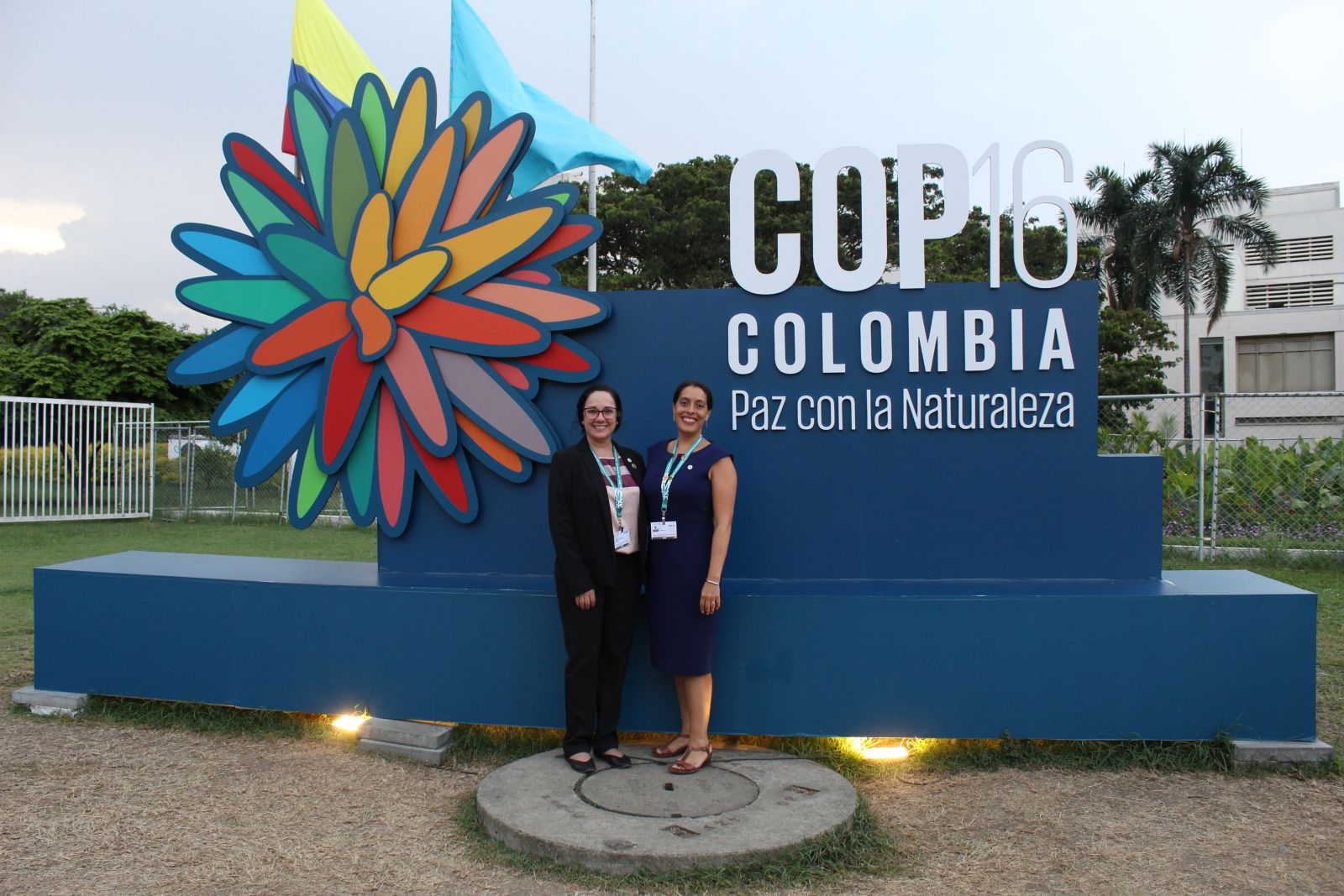 |
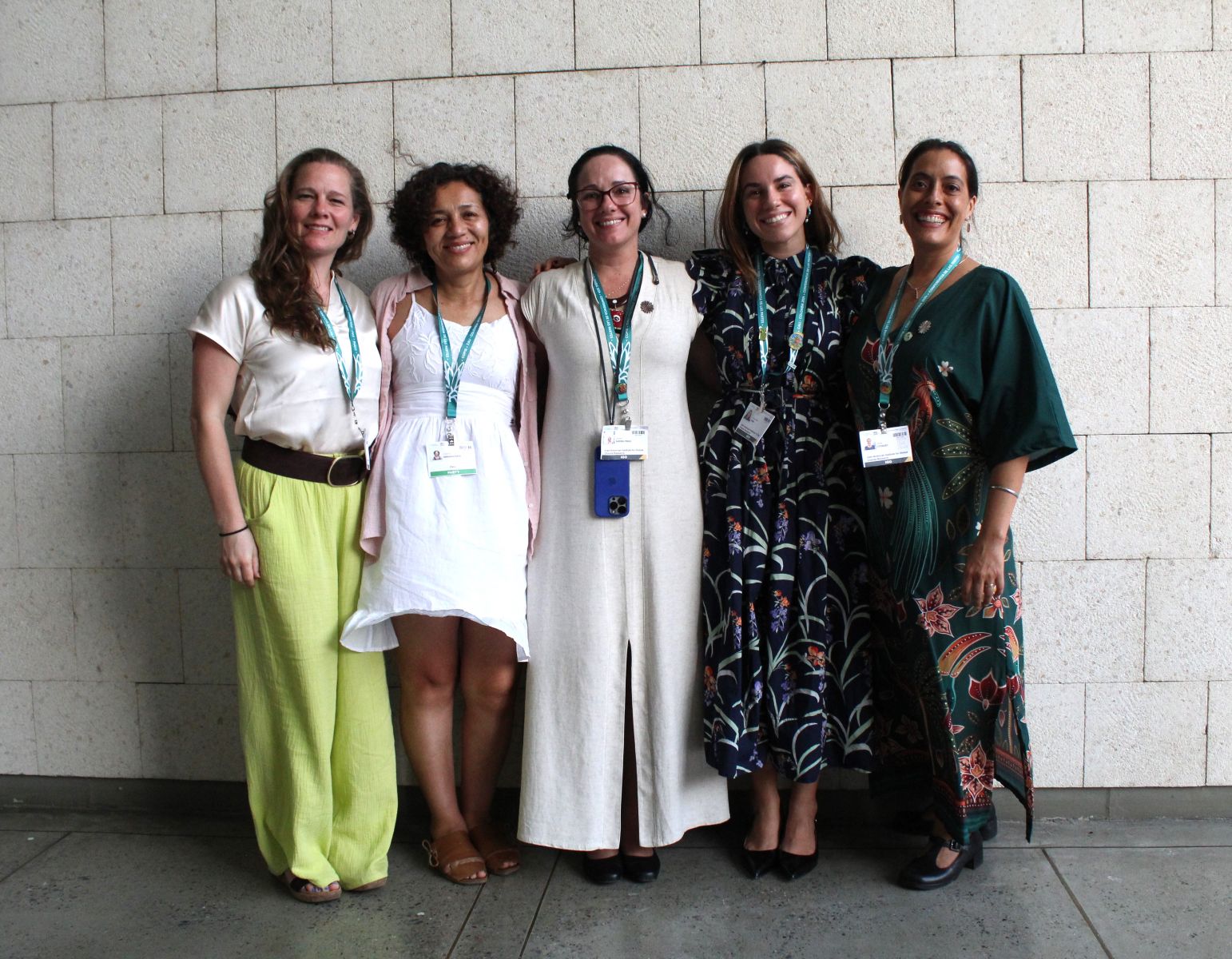 |
As official observers of the Convention on Biological Diversity (CBD), the IAI Executive Directorate sent a delegation to participate in high-level ministerial meetings and other gatherings focused on policies and actions on environmental and climate challenges, both regionally and globally, highlighting the interface between science and policy.
The IAI Executive Directorate delegation attended a number of strategic sessions during the conference, including:
- 19 October: Training and Development Forum.
- 21 October: Scientific Diplomacy at the Nexus of the Oceans, One Health and Climate Change in Latin America; Biodiversity and Productive Development: Reviewing the Economic Panorama in Latin America and the Caribbean.
- 25 October: Reflections from the Global South for Planetary Change; Colombia Megadiversa: Biocultural Laboratory for Global Climate Action; Scientific Diplomacy for Decision-Making in Biodiversity and Climate Change.
- 27 October: National Biodiversity Strategies and Action Plans (EAPANB) – Integrating Science and Data for Effective EAPANB and Community Participation (Goals 20 and 21).
- 28 October: Ministerial Conference on Plastic Pollution, including Marine Litter; Women in Science: Exploring the Link between Gender, Well-being and Nature Conservation.
- 30 October: High-Level Ministerial Dialogue on “Synergies between Biodiversity and Climate Change: from Science to Action”; Scientific Diplomacy at the Nexus of Biodiversity, Climate Change and Health in the Americas.
- 31 October: Scientific Diplomacy for the Integration of Nature and Culture: Policies and Practices.
Women in science: Exploring the link between gender, wellbeing and nature conservation
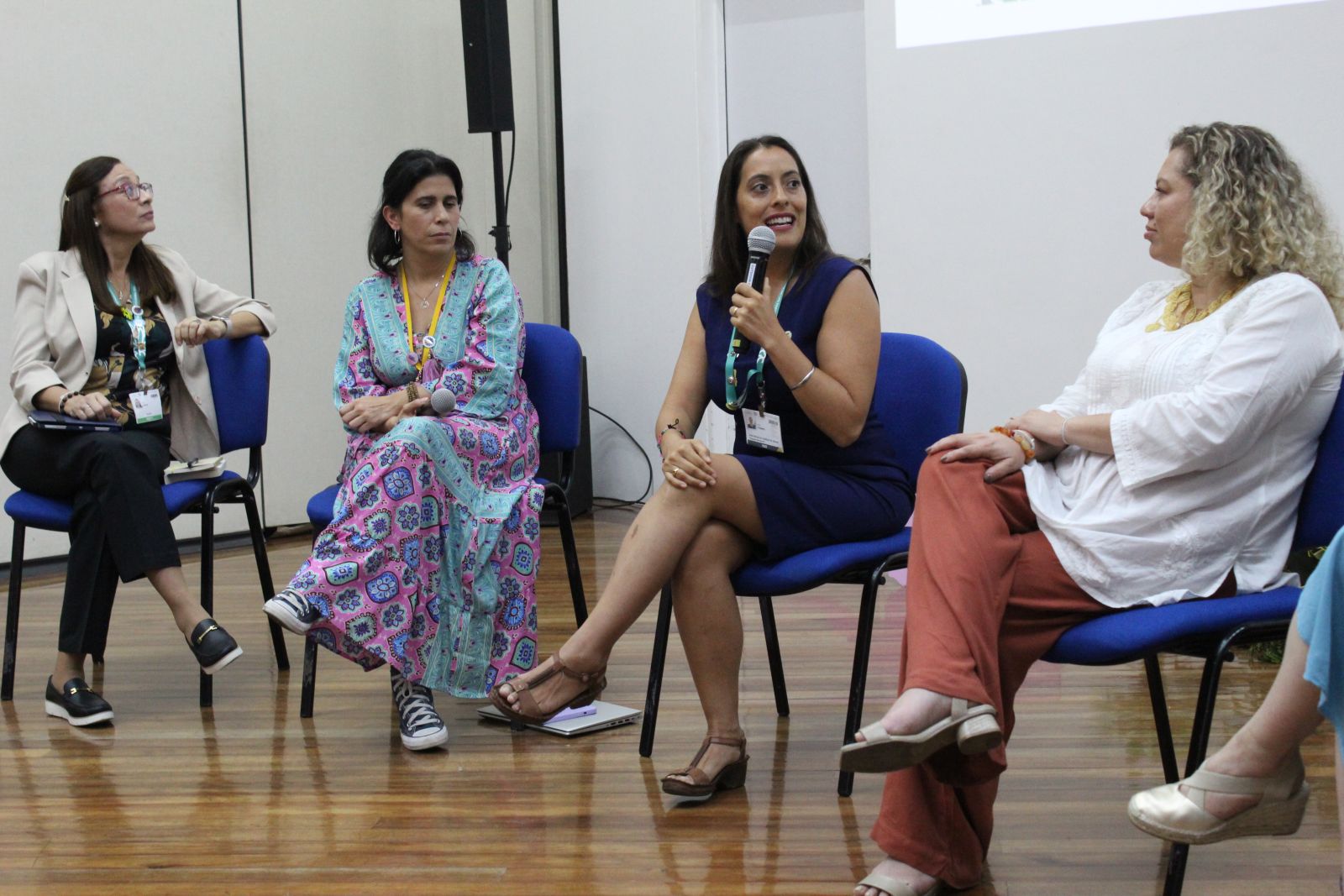 |
 |
Anna Stewart Ibarra, Executive Director of the IAI, participated in the dialogue "Women in Science: Exploring the Link between Gender, Well-being and Nature Conservation," alongside prominent figures such as Oris Sanjur from the Smithsonian Tropical Research Institute (STRI), Panama, Sandra Vilardy from the University of Los Andes (Colombia), and representatives from the Humboldt Institute (Colombia), discussing the importance of inclusive approaches in conservation. This dialogue highlighted how biodiversity conservation policies can benefit from gender perspectives, strengthening decision-making with an equitable representation of female voices.
Scientific diplomacy at the nexus of biodiversity, climate change and health in the Americas
At this event, the IAI promoted scientific diplomacy as a fundamental tool to safeguard biodiversity in Latin America and the Caribbean. Larisse Faroni, IAI STeP Fellow, and experts in protected areas and climate change from various institutions participated in the session. This space allowed for the exchange of experiences on how to promote climate resilience through integrated strategies, prioritizing social inclusion and scientific collaboration in the region to face environmental challenges.
Anna Stewart Ibarra, Executive Director of IAI, and Larisse Faroni-Perez, Fellow of the STeP program, also participated in the event: “Scientific diplomacy for the integration of nature and culture” and highlighted the need to build bridges between scientific knowledge and decision-makers, promoting an integrative approach that values both local knowledge and advanced science for the protection of ecosystems and the well-being of communities.
 |
 |
High-level ministerial dialogues
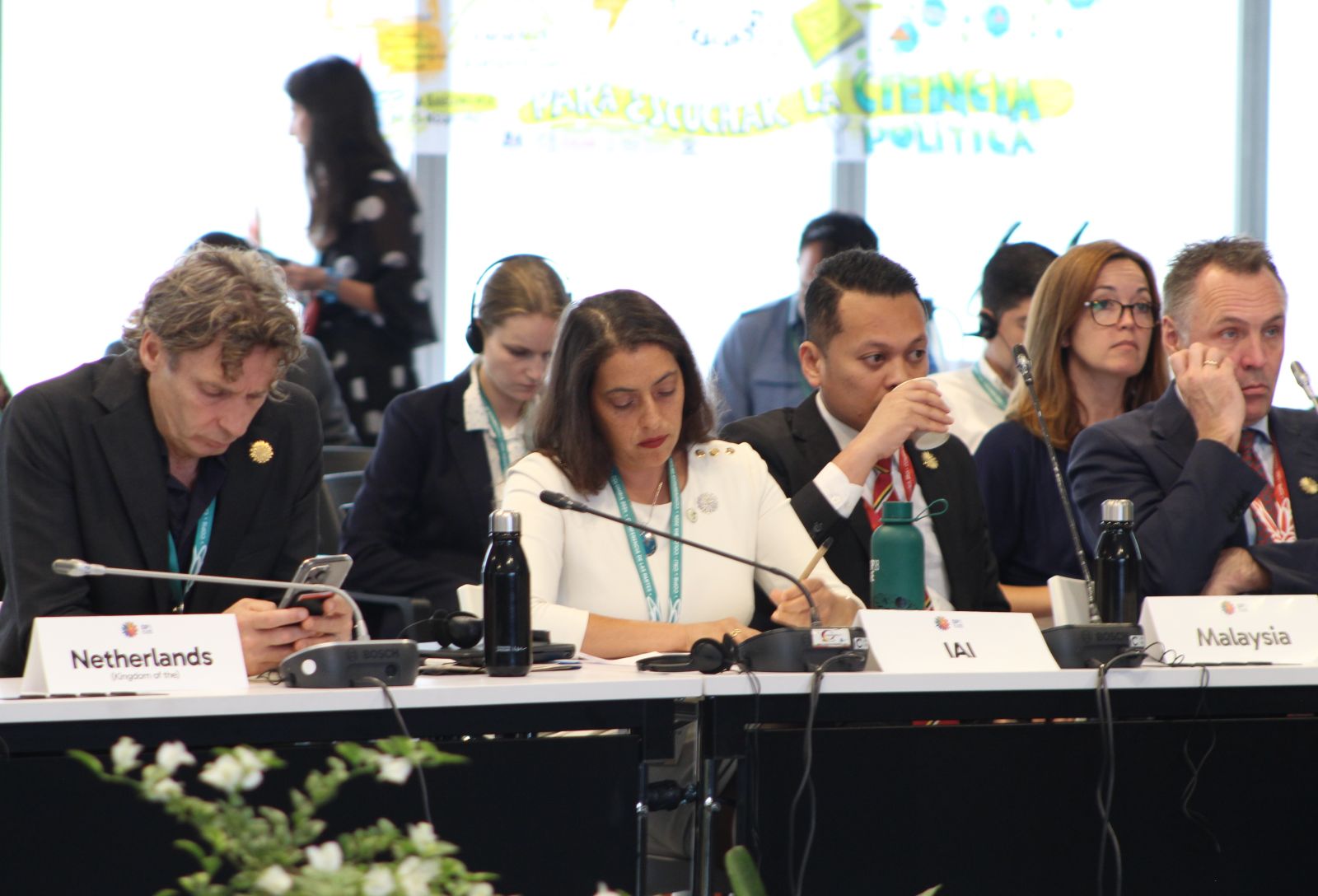 |
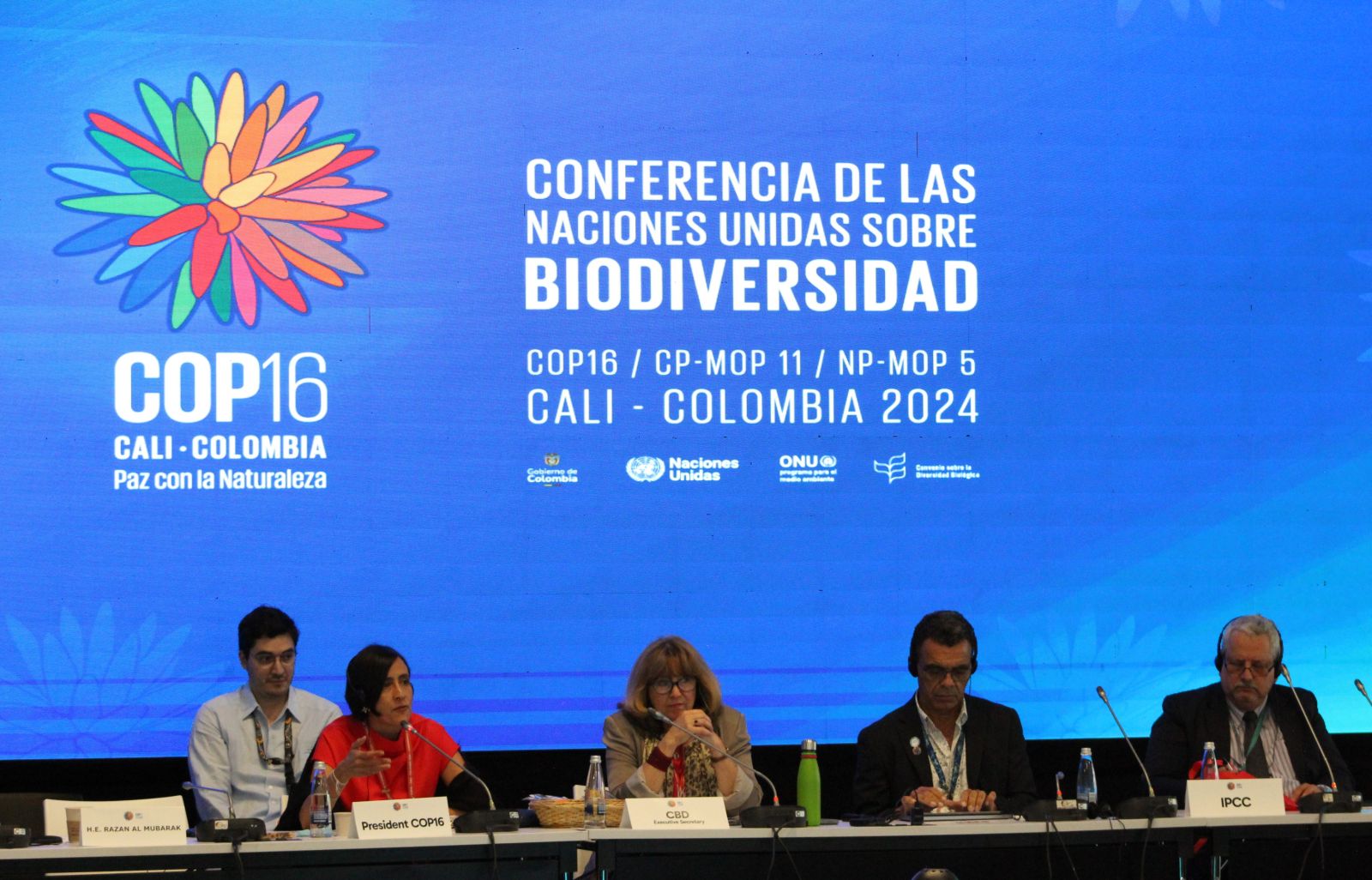 |
As part of the ministerial dialogues organized by the Government of Colombia, IAI participated in discussions on key COP16 themes, including “Urgent Action for the Implementation of the Kunming-Montreal Global Biodiversity Framework” and “Synergies between Biodiversity and Climate Change.” These dialogues brought together ministers and high-level representatives to address the relationship between biodiversity and sustainable financing, as well as peace with nature.
The roundtable format allowed for an interactive exchange of ideas and visions among the leaders present, aligning with the COP16 objectives of integrating science and action in favor of the environment.
During her intervention, Anna Stewart Ibarra, Executive Director of IAI, highlighted three key areas for implementing the global biodiversity plan, especially at the intersection between climate and biodiversity:
- Transform science towards an equitable and solution-oriented approach, promoting collaboration between sectors to overcome academic barriers.
- Increase funding for science in Latin America and the Caribbean, where scientific investment is among the lowest in the world in proportion to GDP. She highlighted the role of the Belmont Forum in funding applied science relevant to the Convention on Biological Diversity, as well as current and future calls for projects in tropical forests and oceans.
- Create channels to integrate science into government decision-making, increasing capacity in this area. She highlighted the IAI STeP fellows program, with more than 90 young scientists trained in scientific advice in government agencies in the region, and announced a new cohort of fellows in Brazil focused on bioeconomy, in collaboration with FAPESC and the Brazilian Ministry of Science and Technology.
The participation of a delegation from the IAI Executive Directorate in these events reflects its commitment to strengthening scientific diplomacy and promoting inclusive and sustainable policies in the region. Through these spaces, the IAI continues to promote an agenda that links science, conservation and resilience to climate change, reinforcing its leadership in the field of environmental cooperation in the Americas.

